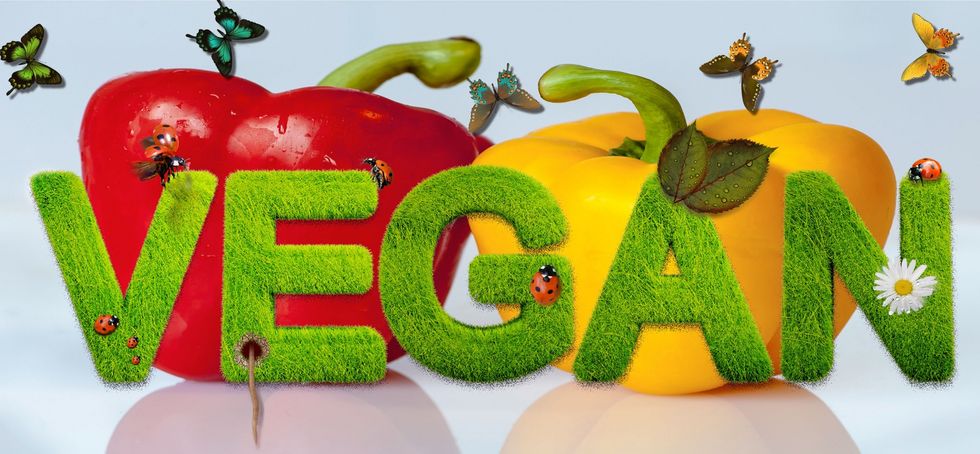Many popular trends have come and gone, proving themselves to be mere fads within an era. Short-lived, often seasonal, and sometimes impractical. Diets stand as one of the leading trends typically chosen by people to follow. However, one plant-based diet is making strides for the long haul by changing the way people view food production, distribution, and marketing which lends itself to wonder how significant the impact of going vegan has and will affect the U.S.
Though avoidance of meat and animal products as food has shown to be a lifestyle standard for over 2,000 years, we present day health-conscious nuts have Donald Watson and five fellow non-dairy vegetarians to thank for our modern day vegan movement for. In November of 1944, they came together to discuss their non-dairy vegetarian lifestyles and consequently dubbed their lifestyle change: The Vegan Movement.
According to an article titled, Veganism in American Culture, Watson strung together the first three and last two letters of the word vegetarian to come up with the word vegan referring to the vegan diet as, “the beginning and end of vegetarian” (The Vegan Society, 2015). Now, nearly 73 years since this communion, people across the world have decided to make the change toward a vegan diet and lifestyle.
As mentioned by the website Rise of the Vegan, 6% of Americans currently identify as vegan and according to a report from 2012, the consumption of meat has decreased to 12.2% since 2007. Interestingly enough, the majority of vegan consumers are women, making up a 79% mass within the vegan identifiers group (The Raw Food World, 2015). Though this does not mean that only women are vegans.
At its core, Veganism is a lifestyle choice that eliminates the consumption of not only meat products, but also animal byproducts such as dairy, eggs, honey, fur, leather or wool, and cosmetics made from animal products (The Vegetarian Resource Group, 1996-2017).
With such restricted choices, the alternative to go vegan spans a variety of reasons all specific to the individual. For some, opting to embrace a vegan diet stems from the desire to live a healthier life with studies showing that those who eat a majority of red meat were 26% more likely to die of nine major diseases than those who eat the least amount of meat (Rise of the Vegan, 2017). Though grim, statistics like this exist to show the long term effects of a primarily meat consumed diet.
Nonetheless, many people choose a vegan lifestyle to detract from contributing to the damaging impact that meat manufacturing and distribution has on the environment. Not only has it been shown that animal agriculture makes up 18% of greenhouse gases (Cowspiracy, 2014), but the use of fresh water on animal agriculture largely outnumbers the amount of water used for plant agriculture according to a 2011 study from National Geographic.
- 1,799 gallons of water to produce one pound of beef,
- 576 gallons of water to produce one pound of pork,
- 468 gallons of water to produce one pound of chicken,
- 132 gallons of water to produce one pound of wheat and
- 216 gallons of water to produce one pound of soybeans (Henning, 2011).
Furthermore, if the U.S. reduced animal consumption by half its amount, the U.S. dietary consumption of water would decrease by 37% (National Geographic, 2015-2017).
Of the most widely reported reasons for pro-veganism, a stance against animal cruelty is one of the more sympathetic perspectives. Ethical reasons to support animal life and well-being is a prominent factor for many people to undertake the transition to a vegan lifestyle. With growing information regarding the mistreatment and exploitation of animals within large animal agricultural corporations, it is easy to accept one’s belief in a more sustainable and guilt-free way of life.
With veganism on the rise, it is clear to understand the upward progression in popularity that has taken shape in the past decade. Unlike most crazes, veganism appears to have established itself as no mere fad, but as a trend worth hopping on board for those who are willing and desire to make necessary lifestyle changes toward a healthier diet, for the well-being of all life, and for environmental improvement. Considering the increased awareness in food cultivation and preparation, veganism will surely remain formidable as a lifestyle choice for generations to come.

















